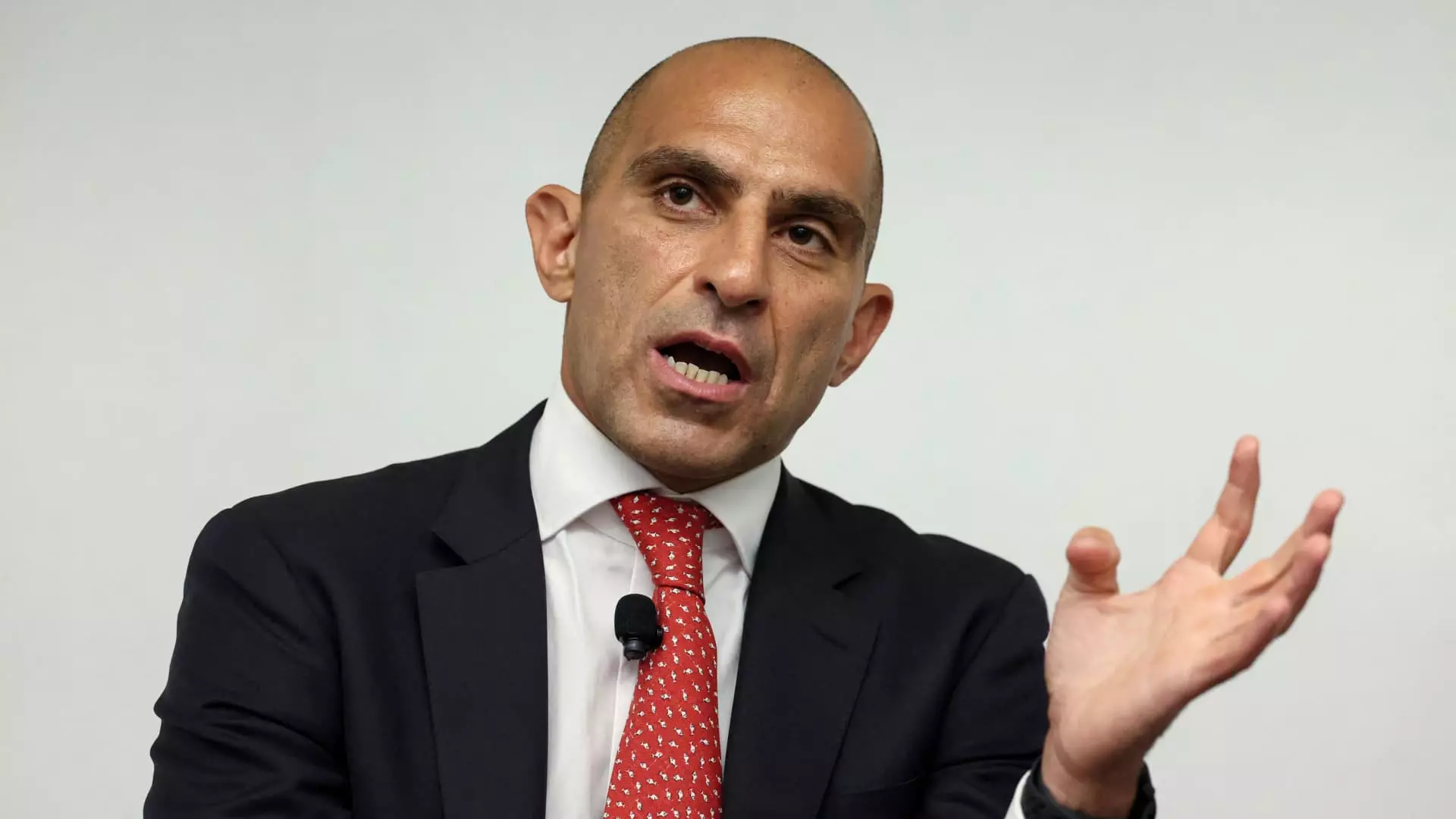In an era marked by rapid advancements in technology, regulatory bodies like the Commodity Futures Trading Commission (CFTC) find themselves navigating uncharted waters. Rostin Behnam, the chairman of the CFTC, recently addressed key issues at DC Fintech Week in Washington, D.C. The agency is facing profound challenges, particularly regarding the legality of contracts that allow individuals to place bets on the outcomes of U.S. elections, an endeavor that raises significant ethical and regulatory concerns.
At the forefront of the CFTC’s current regulatory hurdles is the case involving Kalshi, a financial exchange that enables betting on political events. The CFTC has consistently contended that betting on elections undermines the integrity of the electoral process, deeming such contracts illegal. However, after a federal court ruling in September, Kalshi is permitted to proceed with its offerings, a decision the CFTC is contesting through an appeal. Behnam has reaffirmed the commission’s longstanding position against event contracts focused on elections, emphasizing a commitment to uphold the integrity of market operations amidst ongoing legal disputes.
This situation raises a pivotal question: how can regulatory bodies effectively oversee burgeoning financial markets without stifling innovation? The CFTC’s dilemma underscores the tension between protecting market integrity and allowing new financial products to flourish. The stakes are particularly high given the potential implications for public trust in democracy and the electoral process.
Alongside the complex dynamics surrounding election contracts, Behnam has voiced pressing concerns related to digital assets. The sector’s rapid evolution has brought forth numerous scams targeting unsuspecting individuals, particularly those new to investing. Behnam’s testimony before the U.S. Senate Committee on Agriculture highlighted the urgent need for a comprehensive legislative response. Without a definitive regulatory framework, consumers remain vulnerable to exploitation, and the stability of the broader financial system is jeopardized.
A coherent regulatory approach is critical not only for consumer protection but also for fostering a healthy marketplace. Behnam’s call for federal legislation suggests that industry innovation should not come at the expense of security and integrity. A legislative groundwork could better equip the CFTC and other regulatory bodies to manage the complexities of digital assets, ensuring a safer investment landscape for all consumers.
As the CFTC grapples with these significant issues, it is crucial for stakeholders—including lawmakers and industry leaders—to engage in dialogue that prioritizes both innovation and protection. The challenges presented by both election betting and digital assets illustrate the need for a forward-thinking regulatory framework that adapts to the ever-changing financial landscape. Policymakers must rise to the occasion, acting decisively to curtail risks while supporting responsible financial innovation. Ultimately, the future of these emerging sectors hinges on a careful balance between protection, regulation, and opportunity.

Leave a Reply